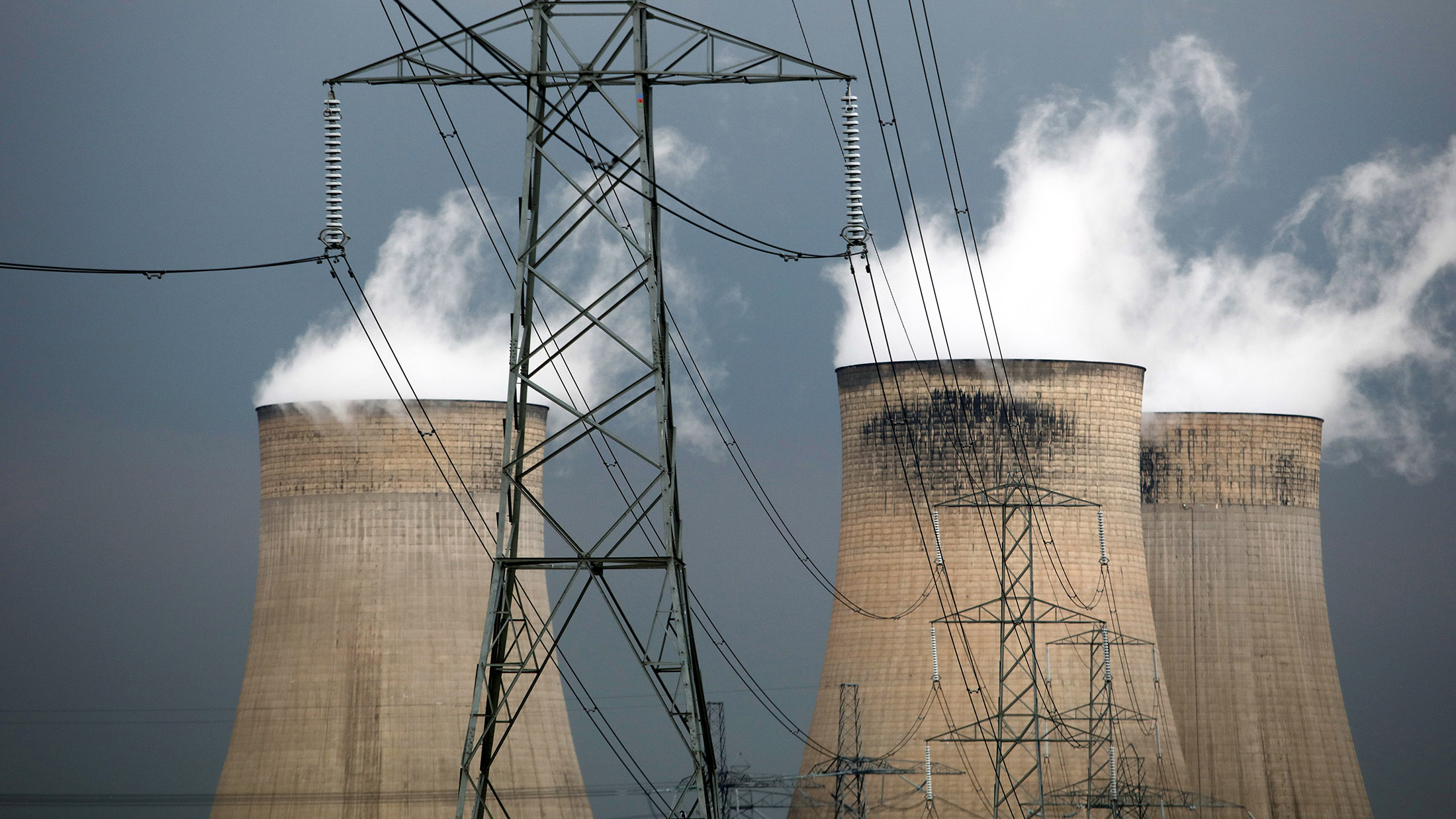
Utility firm SSE has revealed plans to shut part of a coal fired power station in England with the potential loss of up to 213 jobs.
The Perth-based firm said it will enter into consultation with employees and stakeholders at Fiddler’s Ferry Power Station, Cheshire, on a proposal to end commercial operations at three of the plant’s four units.
Although a final decision hasn’t yet been taken, SSE’s expectation is that the three units would likely close by 1st April 2016, subject to the outcome of its consultation process.
The fourth unit will be unaffected as it has a contract to provide services to the electricity system for the winter of 2016/17.
The company has taken this difficult step due to continuing challenging economic and environmental conditions for coal as the UK moves towards a cleaner mix of electricity generation, it said.
The ageing coal fired station has been incurring substantial losses in recent years and this is expected to continue through to 2020.
SSE made the announcement after telling employees on Wednesday. The consultation with the station’s 213 employees and other stakeholders, including local politicians, is expected to be completed around the end of March 2016.
Subject to the outcome, SSE will be discussing options for future employment within the SSE group with its staff, including any potential decommissioning work at the site, with a view to avoiding any potential redundancies. If this is unavoidable enhanced terms will be discussed during the consultation process.
It will actively seek to avoid, but cannot rule out, some compulsory redundancies if an ongoing role for the units at the station cannot be identified.
Paul Smith, SSE Managing Director, Generation, said Fiddler’s Ferry power station had made a big contribution to the UK’s energy supplies for over 45 years, but the economic realities of running the ageing plant at a loss could no longer be ignored.
He said: “We are fully aware of the impact this will have on our colleagues, their families, and the community and our priority is to support staff during the consultation process.
“The reality is the station is ageing, its method of generating electricity is being rendered out of date and it has been and is expected to continue to be loss-making in the years ahead.
“Sustaining for too long loss-making power stations would undermine SSE’s ability to invest in modern generation plant in the UK.”
Fiddler’s Ferry failed to secure a contract for electricity provision in 2019/20 in the recent Capacity Market Auction in December 2015. Three of its four units have a Capacity Market contract for 2018/19 but the economic outlook in the generation market has changed substantially since it was awarded and it is projected to incur unsustainable losses even with this contract.
The regulations of the Capacity Market mean SSE will make a payment of around £33million to the Government if a decision to terminate its Transmission Entry Capacity (TEC) and cease commercial operations is taken.
Mr Smith said: “The fact it makes more sense for SSE to contemplate making a substantial payment in lieu of the capacity agreement relating to Fiddler’s Ferry in 2018/19 demonstrates just how economically challenged Fiddler’s Ferry has become – its losses are unsustainable.
“However our commitment to UK generation remains strong: this winter we have restored 1,135MW of gas-fired generation capacity to commercial operations and since 2008 we have invested £1billion in thermal electricity generation plant in this country and want to invest more in the future.”
The UK has committed to ending coal-fired electricity generation by 2025 at the latest as it moves to cleaner forms of generation to meet climate change targets. SSE has committed to reduce the carbon intensity of its overall electricity generation by 50 percent between 2006 and 2020 and has a long-standing objective to move its electricity generation from coal and gas to gas and renewable sources of energy.
Recommended for you

